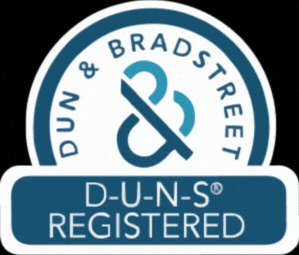Salesforce Financial Cloud: Revolutionizing Finance in Manufacturing

Overview
About the Client
This case study examines how a prominent Manufacturing Client leveraged Salesforce Financial Cloud to overcome significant operational and financial hurdles, transforming their finance operations and driving substantial business growth.
The client is a large, multinational manufacturing enterprise specializing in complex industrial machinery and components. With a global footprint and diverse product lines, their operations involved intricate supply chains, varied sales models (direct, channel, subscription), and a high volume of transactions across multiple currencies and regulatory environments.
Challenges Faced
Prior to implementing Salesforce Financial Cloud, the client faced several critical challenges:
- Fragmented Financial Data: Data spread across systems caused inconsistencies and lacked a unified view.
- Manual Revenue Recognition: Complex contracts required time-consuming manual processes, increasing errors and audit risk.
- Inefficient Billing & Invoicing: Slow, error-prone billing affected cash flow and client satisfaction.
- Limited Cash Flow Visibility: Lack of real-time data hindered forecasting and financial planning.
Our Solution
Our solution centered on implementing Salesforce Financial Cloud as a unified platform to streamline financial operations, enhance data visibility, and automate critical processes. This involved integrating financial data with sales, service, and operational data to provide a holistic view of the customer lifecycle and financial health. The aim was to move from reactive reporting to proactive financial management.
Technology & Tools Implementation
The core of the solution involved:
- Salesforce Financial Cloud: Implemented for comprehensive financial management, including billing, revenue recognition, and collections.
- Salesforce Revenue Cloud (CPQ & Billing): Utilized to automate quoting, contract management, and complex billing scenarios, ensuring accuracy from quote to cash.
- Integration with Existing ERP: Seamlessly connected with the client’s existing ERP system to synchronize general ledger data, inventory, and procurement information.
- Service Cloud Integration: Linked financial data with customer service interactions, providing service agents with billing history and contract details for improved support.
- Custom Dashboards & Reports: Developed tailored dashboards using Salesforce Analytics to provide real-time insights into key financial metrics.
Results
The Impact and Outcome
The implementation of Salesforce Financial Cloud yielded significant, measurable results:
- Accelerated Financial Close: Cut monthly close cycle by 25%, enabling focus on strategic tasks.
- Improved Cash Flow: Automated billing reduced DSO by 15% and boosted liquidity.
- Enhanced Revenue Accuracy: Automation ensured compliance and minimized audit effort and risk.
- 360-Degree Financial View: Real-time data enabled better forecasting and decision-making.
- Operational Efficiency: Removed manual tasks, allowing finance teams to focus on high-value work.
- Enhanced Customer Experience: Simplified billing improved transparency and client satisfaction.


